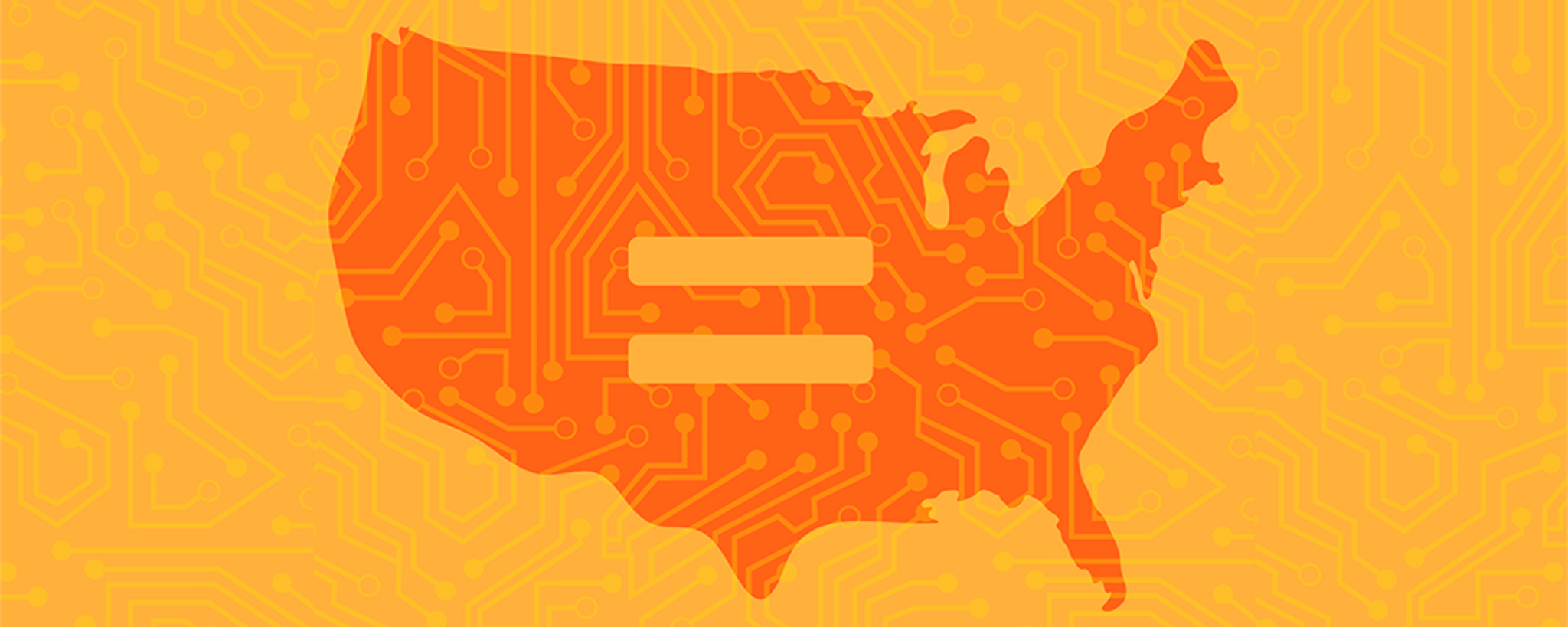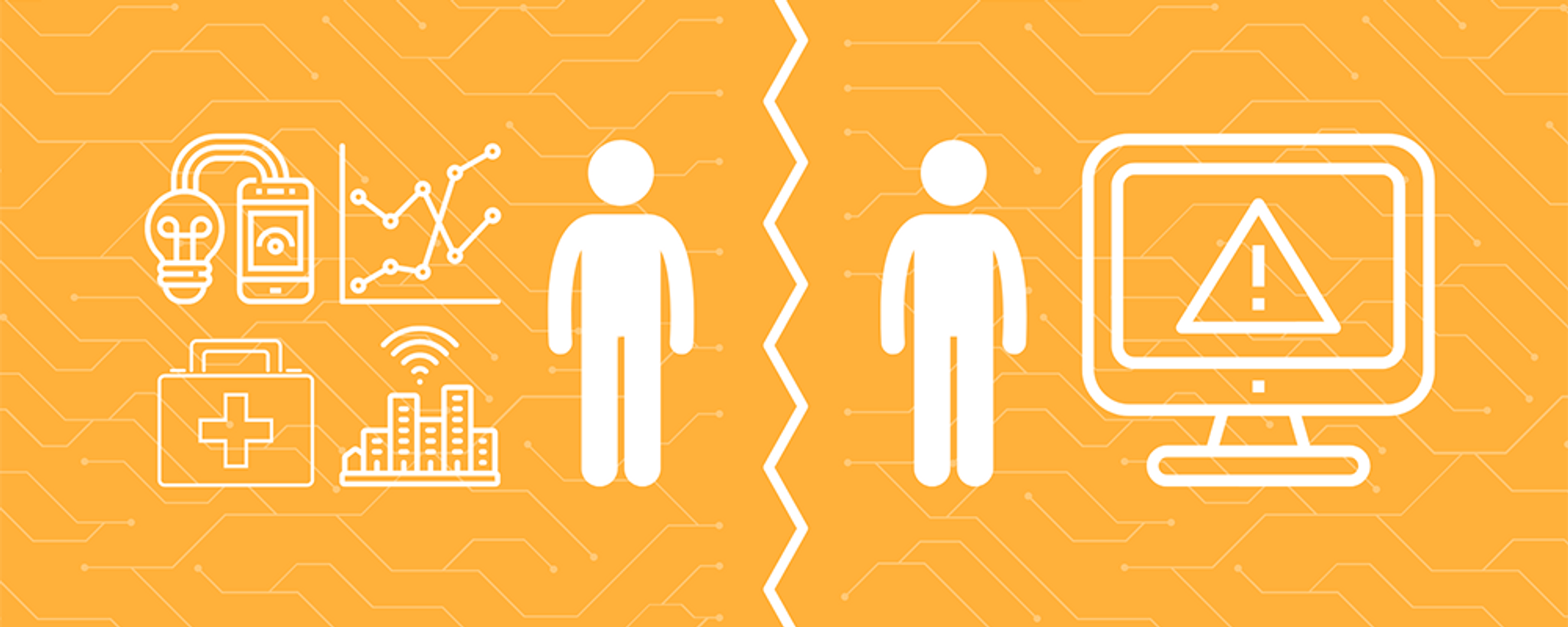Data Innovation
Navigate forward to interact with the calendar and select a date. Press the question mark key to get the keyboard shortcuts for changing dates.
Navigate backward to interact with the calendar and select a date. Press the question mark key to get the keyboard shortcuts for changing dates.
As every sector of the global economy and nearly every facet of modern society undergo digital transformation, ITIF advocates for policies that spur not just the development of IT innovations, but more importantly their adoption and use throughout the economy. ITIF’s Center for Data Innovation formulates and promotes pragmatic public policies designed to maximize the benefits of data-driven innovation in the public and private sectors.
More Publications and Events
May 7, 2024|Books & Edited Volumes
Technology Fears and Scapegoats: 40 Myths about Privacy, Jobs, AI, and Today’s Innovation Economy
Technologies and tech companies are routinely accused of creating many societal problems. This book exposes these charges as mostly myths, falsehoods, and exaggerations.
April 24, 2024|Events
Harnessing AI for Carbon Neutrality
Join the Center for Data Innovation for a panel discussion to explore the current landscape of AI applications in transitioning to a greener economy, identify key areas ripe for further exploration, and discuss actionable policy measures to foster innovation and adoption.
April 16, 2024|Events
How Can the UK Encourage the Uptake of AI in the Public Sector?
Join ITIF's Center for Data Innovation for a panel discussion exploring the hurdles impeding the widespread adoption of AI in the public sector and examining actionable steps to empower and facilitate the sector in harnessing the benefits of this cutting-edge technology.
April 13, 2024|Blogs
Congress Should Fund the Creation of a Similarity Checker for Music
A landmark ruling in 2015 made it harder for artists and record labels to determine where permissible influence and interpolation become impermissible appropriation and plagiarism. Congress should make things more consistent, accurate, and fair by directing the Copyright Office to launch a competition for the private sector to come up with an AI-enabled tool to compare how similar a musical composition or recording is to existing copyright-protected works.
April 4, 2024|Blogs
Tracking AI Incidents and Vulnerabilities
Congress should charge the newly created AI Safety Institute housed at NIST with creating a national AI incident database and a national AI vulnerability database.
March 27, 2024|Testimonies & Filings
Comments to NTIA on Dual Use Foundation Artificial Intelligence Models With Widely Available Model Weights
U.S. policymakers should learn lessons from past debates about dual-use technologies, such as encryption, and refrain from imposing restrictions on foundation models with widely available model weights (i.e. “open models”) because such policies would not only be ultimately ineffective at addressing risk, but they would slow innovation, reduce competition, and decrease U.S. competitiveness.
March 25, 2024|Blogs
What’s Next After the Two Sessions for AI in China
A look at the proposals put forth during China's major annual political convening give hints as to what the government may focus on in the year ahead, which includes AI model development, data sharing, skills development, and safety.
March 21, 2024|Blogs
US Policymakers Should Reject “Kill Switches” for AI
The proposed “kill switches” for AI potentially inflict considerable costs on U.S. chipmakers—thereby making their products less competitive and raising computing costs globally. But it would also raise concerns for both domestic and foreign users that the U.S. government could unilaterally shut down their computing clusters. U.S. policymakers should soundly reject these proposals.
March 18, 2024|Blogs
China’s Annual Parliamentary Meeting Shows National Commitment to Advancing AI
Unlike the United States or the European Union, the primary focus among stakeholders in China was how to ensure China does not fall behind in the development or adoption of this emerging technology.
March 16, 2024|Presentations
Impact the Future: International Women's Day 2024
Ayesha Bhatti speaks at Impact the Future: International Women's Day 2024 on exploring the importance of open-source development in the pursuit of innovation.



